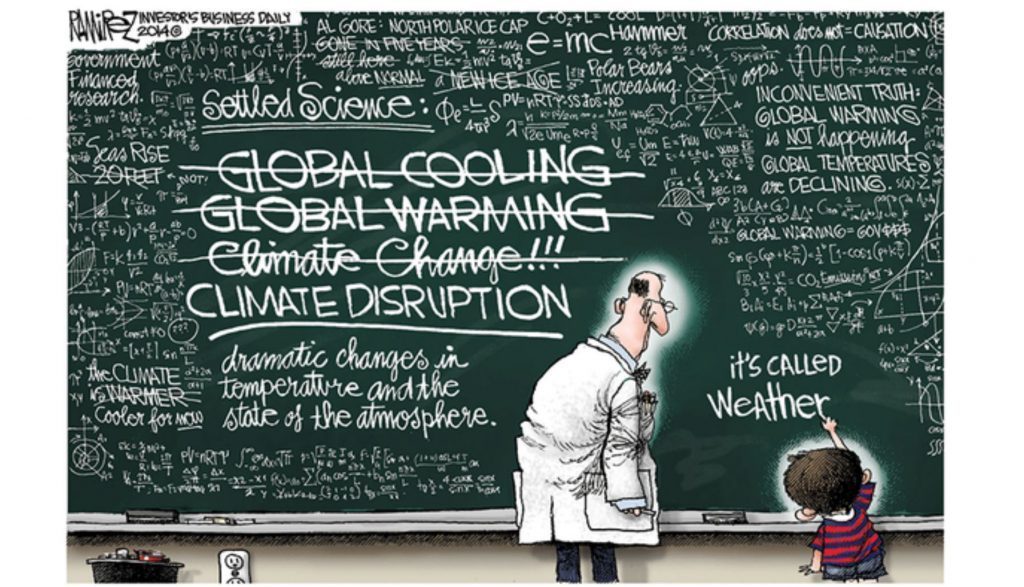by Delaney Ermshar, Activist Post:

Dismayed that two politically opposite states present climate change similarly, researchers suggest schools should not be “misrepresenting the scientific consensus.”
Stanford researchers developed an AI-based “climate dictionary” to analyze the narratives of climate change within influential high school textbooks used in California and Texas.
After conducting a recent AI-based study that found influential high school textbooks in California and Texas to be similar in their instructing of climate change, a Stanford University professor is concerned that such politically different states agree on teaching the subject as a “two-sided issue.”
TRUTH LIVES on at https://sgtreport.tv/
In May, Stanford published its findings after using artificial intelligence to explore the narratives of how 30 prominent high school textbooks in California and Texas discuss global climate change.
“Despite differences in state-level standards, the content of textbooks in California and Texas is surprisingly similar in the extent and nature of climate change-related discourse,” the researchers noted. “Our study indicates that history textbook reform is an important arena for expanding and improving climate change education.”
The two states were selected because their history textbooks in particular are considered to “strongly influence textbook content nationwide.”
Stanford associate professor Patricia Bromley, who oversaw the study, lamented that many high school textbooks teach “the science is undecided” when it comes to climate change. She claimed that as opposed to history, where it’s valuable “to be able to consider alternative viewpoints,” it becomes a disadvantage to express uncertainty in regards to global warming.
Bromley and Hannah D’Apice, a Stanford PhD student and the study’s other researcher, believe that “a better approach…is to invite students to consider the complex social dimensions of climate impacts and political processes for creating policies, without misrepresenting the scientific consensus around climate change.”
D’Apice suggested that “it matters how students are taught to see climate change as a civic issue.” She also said “scientific literacy” is essential within many aspects of life.
Contrary to the textbooks’ reporting, Stanford asserts: “Scientific evidence unequivocally shows human activities, mainly through emissions of greenhouse gasses, have caused global warming.”
D’Apice indicated that if people really want to see a difference in climate change, then “students need to understand not only the scientific consensus, but also the political and social mechanisms…to create change.”
The AI used in the study is considered to be a form of “natural language processing.” It searched for textbook language and pulled specific terms from them to create the “new climate dictionary.”
To find related phrases, “researchers first generated a broad list of terms and sentences related to climate change.” They developed a list of 141 terms such as “pollution” and “footprint.”
According to the university, Bromley hopes this tool will be used worldwide “to develop global indicators around education.” She is working with groups such as the “United Nations-backed Mission 4.7.”



